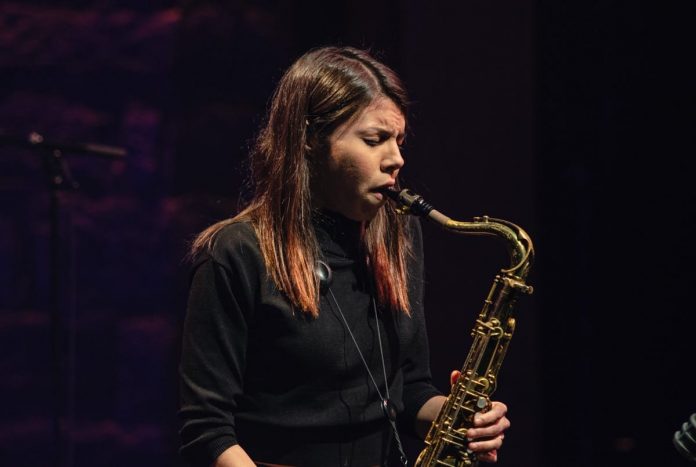The Berklee Institute of Jazz and Gender Justice, a department of the Berklee College of Music in Boston, USA, is partnering with New Music USA to increase opportunities for women, non-binary and transgender players.
The partnership, called Next Jazz Legacy, notes that women made up only 16% of the core-band personnel on the albums featured in the 2019 NPR Music Jazz Critics poll, and that a majority of the albums included no women at all.
Next Jazz Legacy will fund and coach 20 artists of limited resources over the next three years, using money supplied by the Andrew W. Mellon Foundation in an attempt to increase the number of women and non-binary persons in the NPR poll. It says, however, that the initiative “will benefit everyone in the jazz community”.
Each Next Jazz Legacy artist will receive a $10,000 grant, a one-year performance apprenticeship, mentorship pairing them with artistic and business professionals, peer-learning cohorts led by drummer Terri Lyne Carrington, online courses from Berklee and promotional opportunities.
Application for the scheme can be made until 29 November. Applicants must be U.S. resident, fully vaccinated and not enrolled in an academic institution during the programme or contracted with a third-party recording company. Selected artists will be announced in January 2022.
Carrington, herself a Berklee grad, founded the Berklee Institute of Jazz and Gender Justice in October 2018. The institute promotes the study of jazz “in a safe, egalitarian and nurturing environment, with gender justice and racial justice as guiding principles”. It believes that “systemic forms of oppression” are “embedded in the art form” and that “the music itself will not reach its full potential until these issues are meaningfully addressed”.
On the musical front, Berklee has provided a grounding for many seminal jazz performers, including Gary Burton (1962), Vinnie Colaiuta (1975), Donald Fagen (1966), Bill Frisell (1977), Jan Hammer (1969), Roy Hargrove (1989), Bob James (1958), Diana Krall (1983), Jeff Lorber (1971), Joe Lovano (1972), Branford Marsalis (1980), John Scofield (1973), Ernie Watts (1966), Jeff “Tain” Watts (1981) and Joe Zawinul (1959).
Berklee also taught the rising Chilean saxophonist Melissa Aldana, reviewed here at April Jazz in Finland. Mentored 2007-9 by George Garzone, she is, according to the college, sanguine about shattering glass ceilings. She said she just felt privileged to compete with “all these great young musicians”.
















